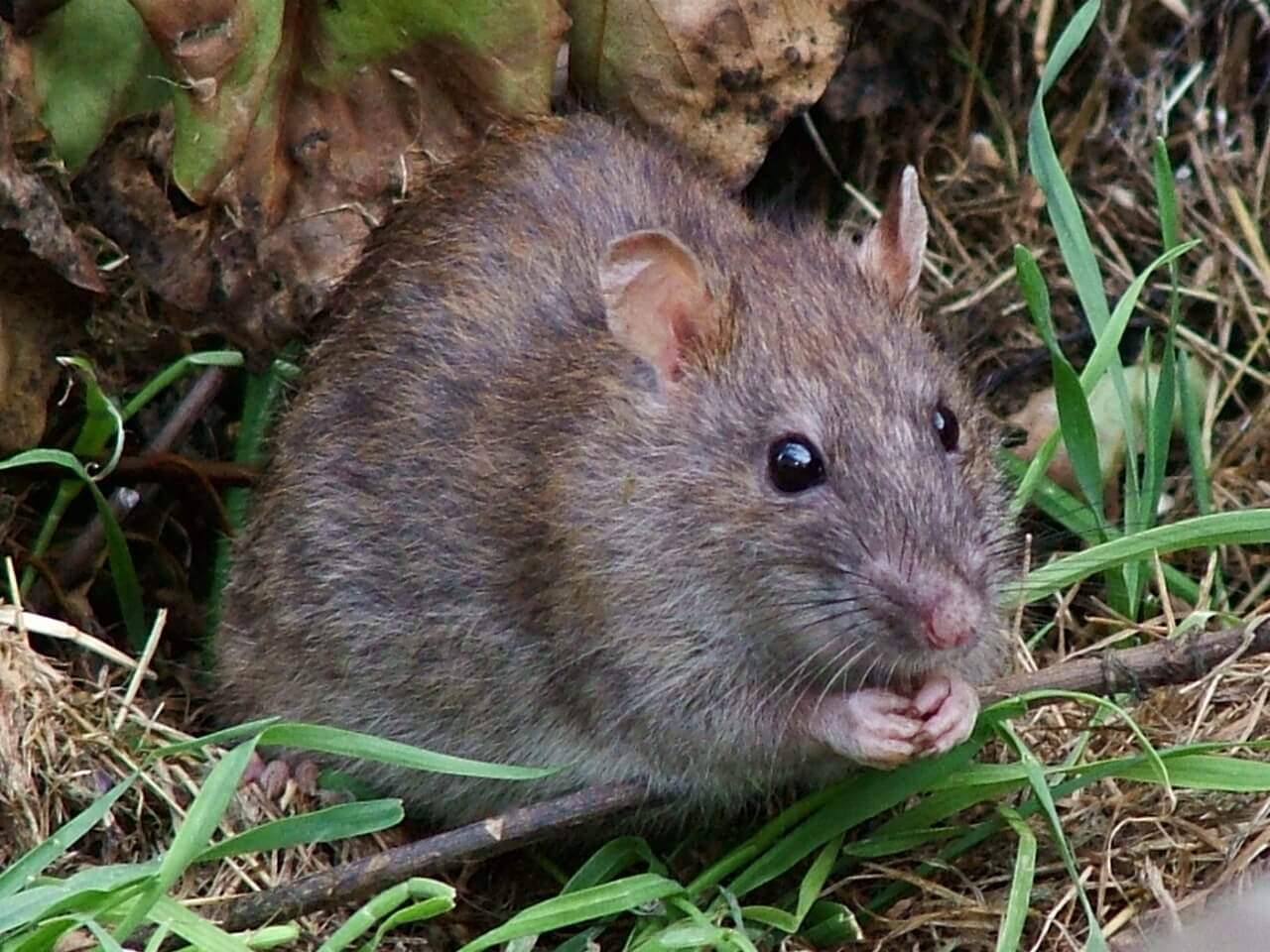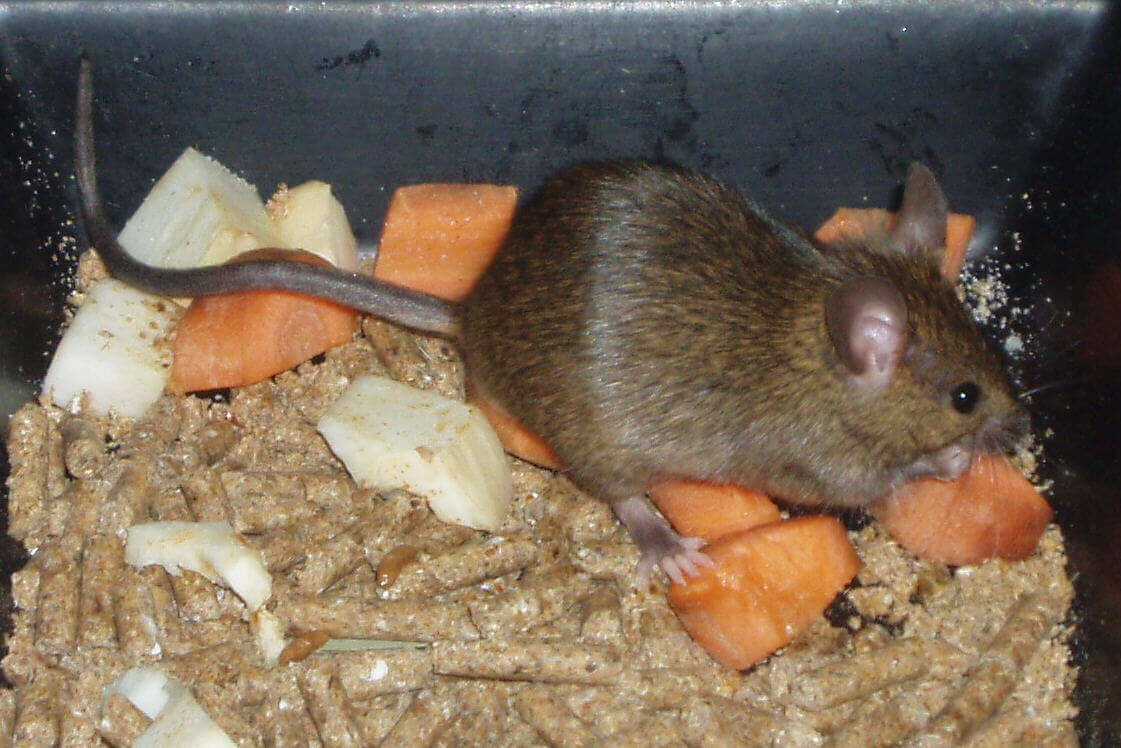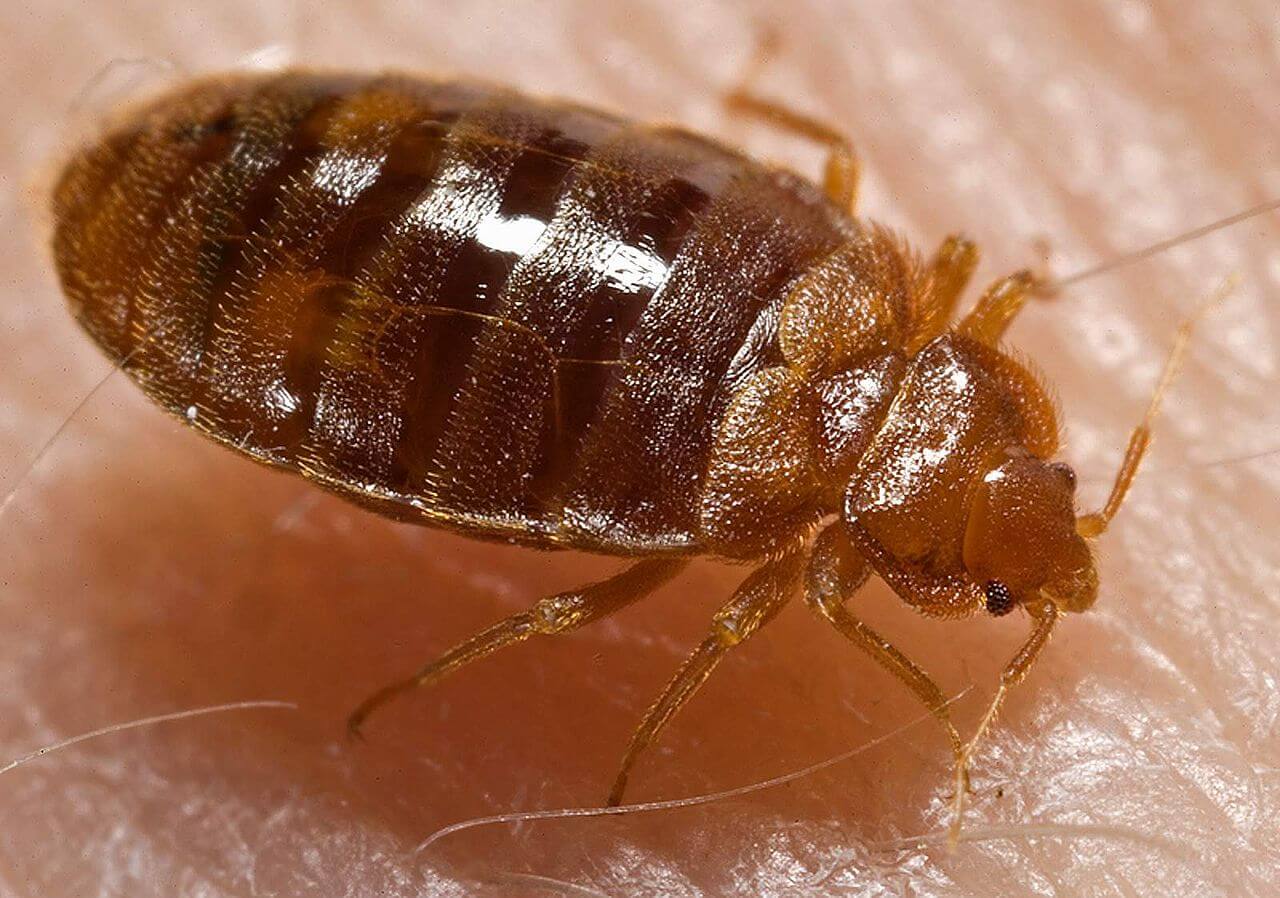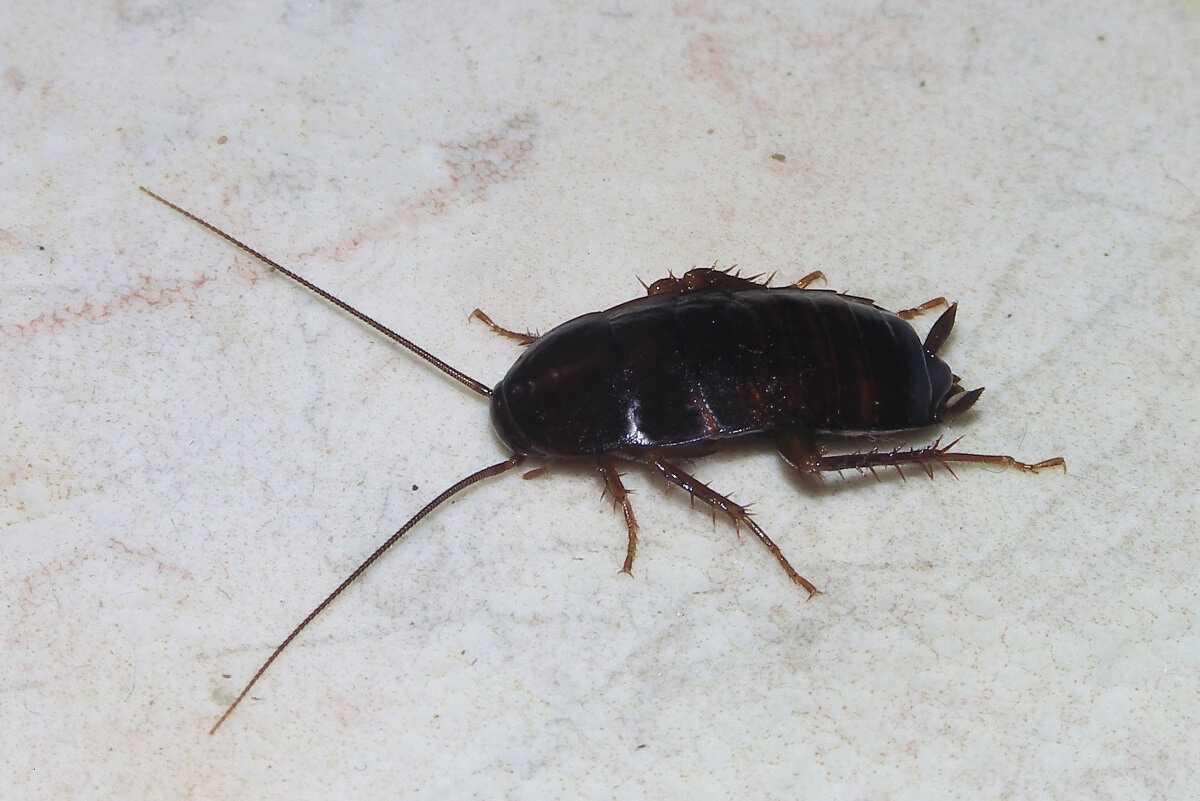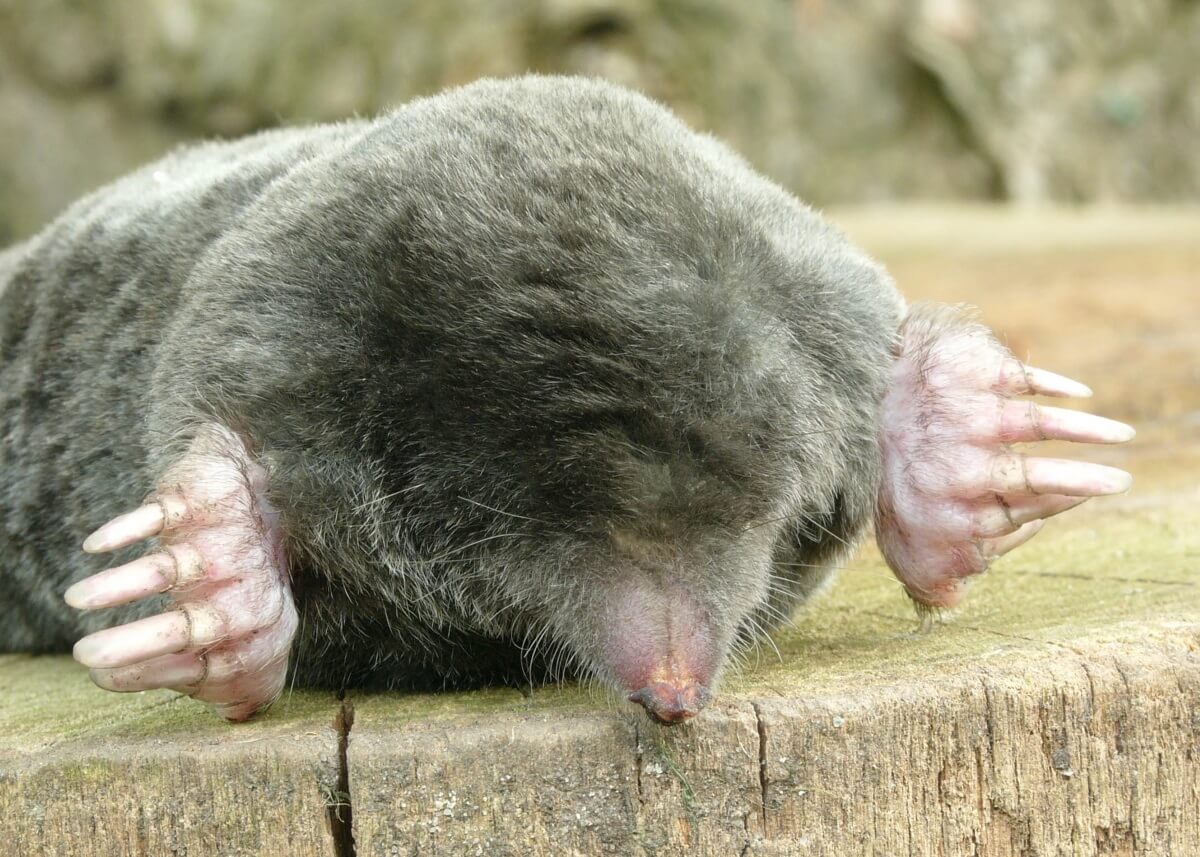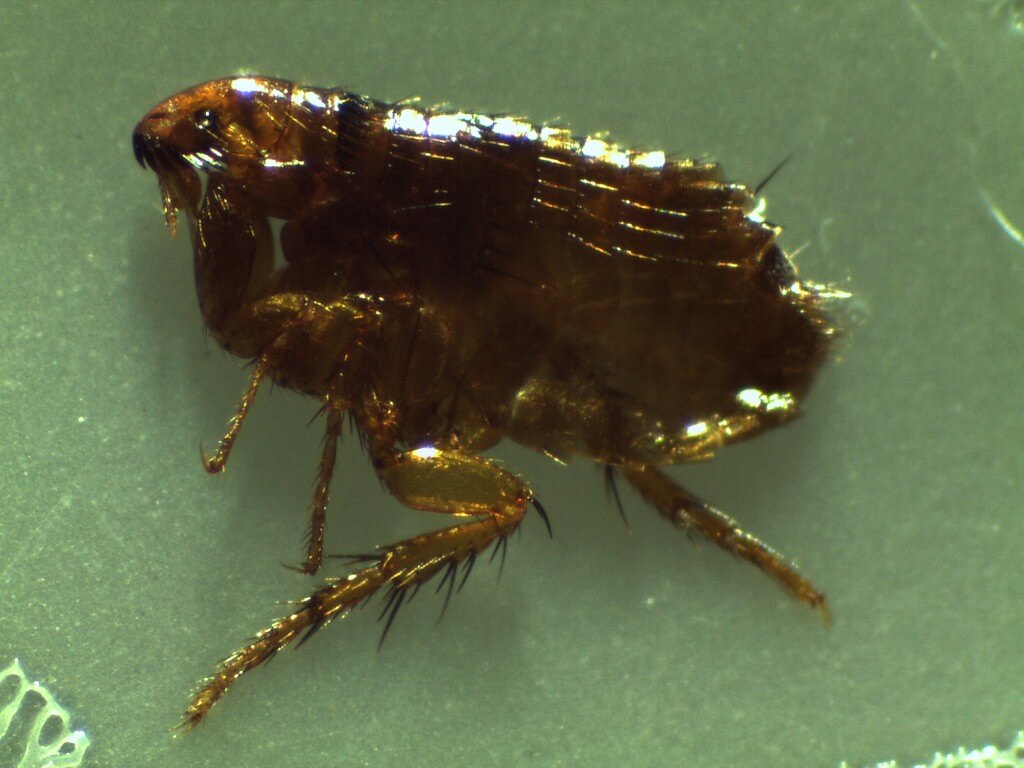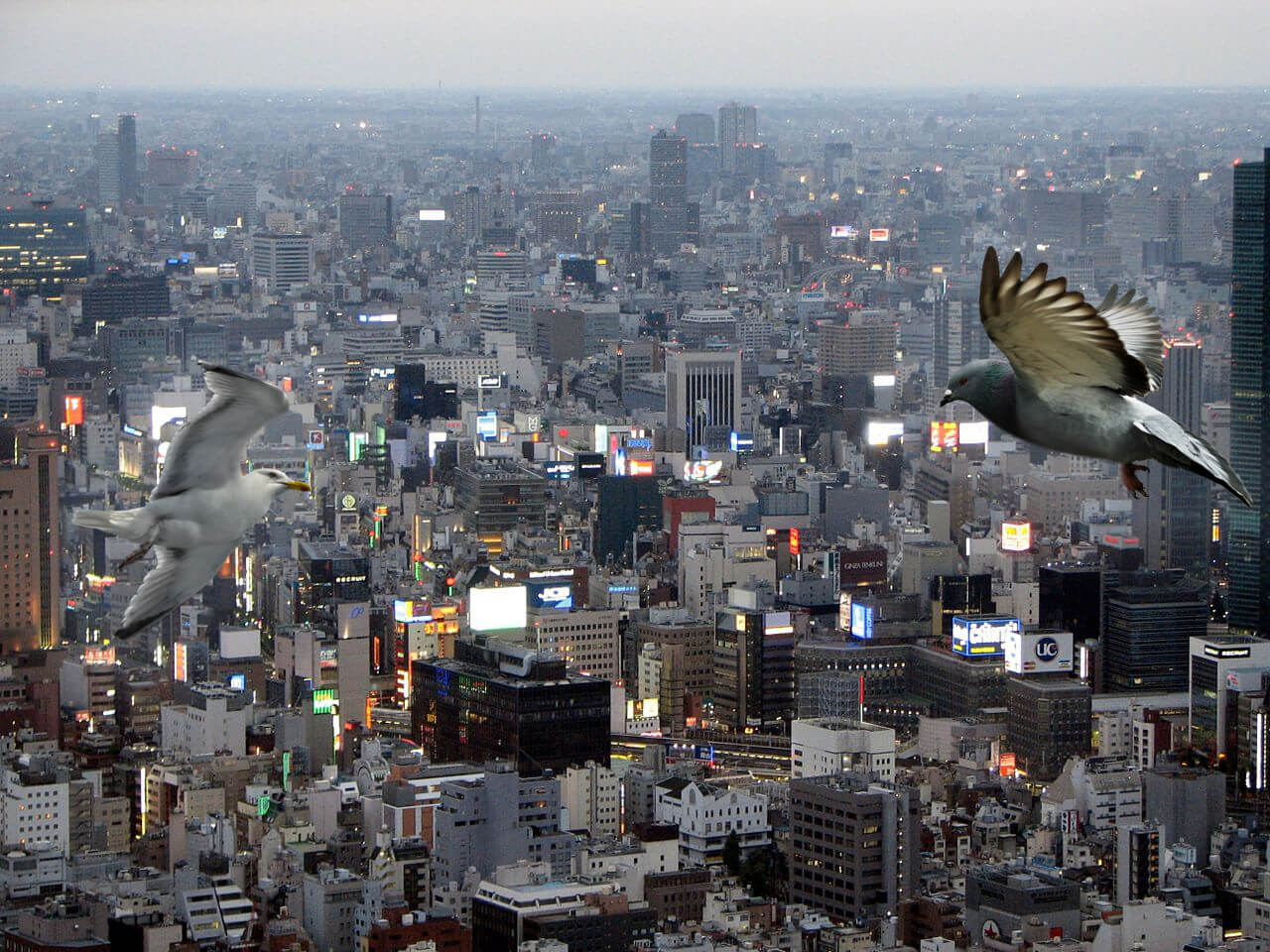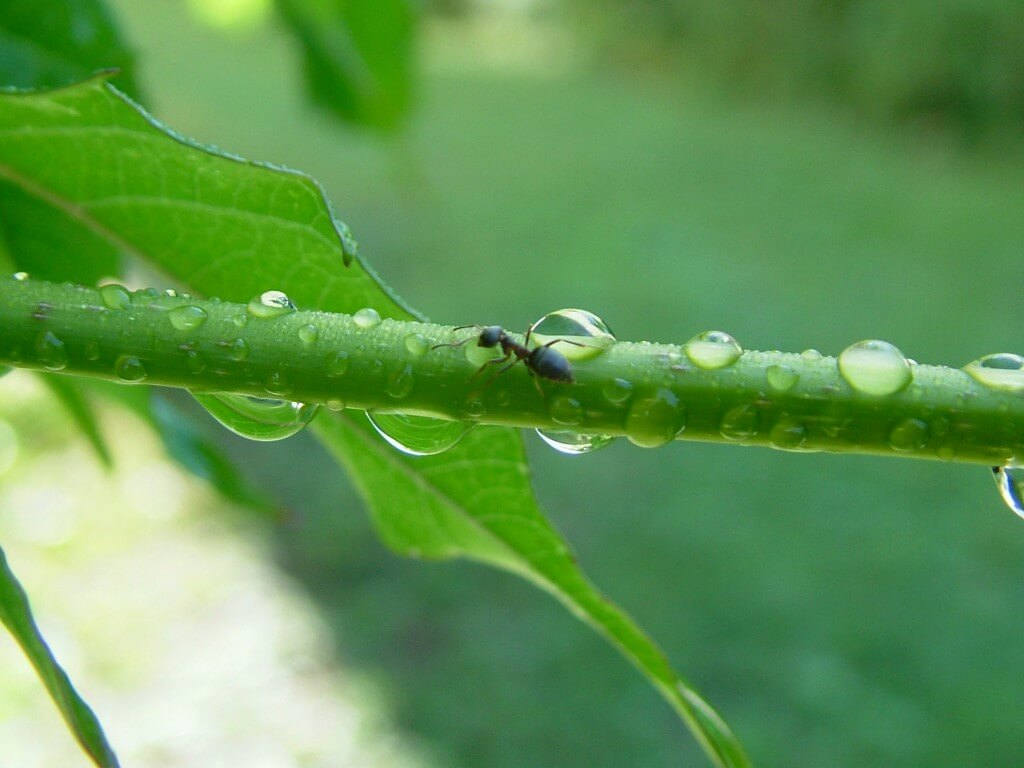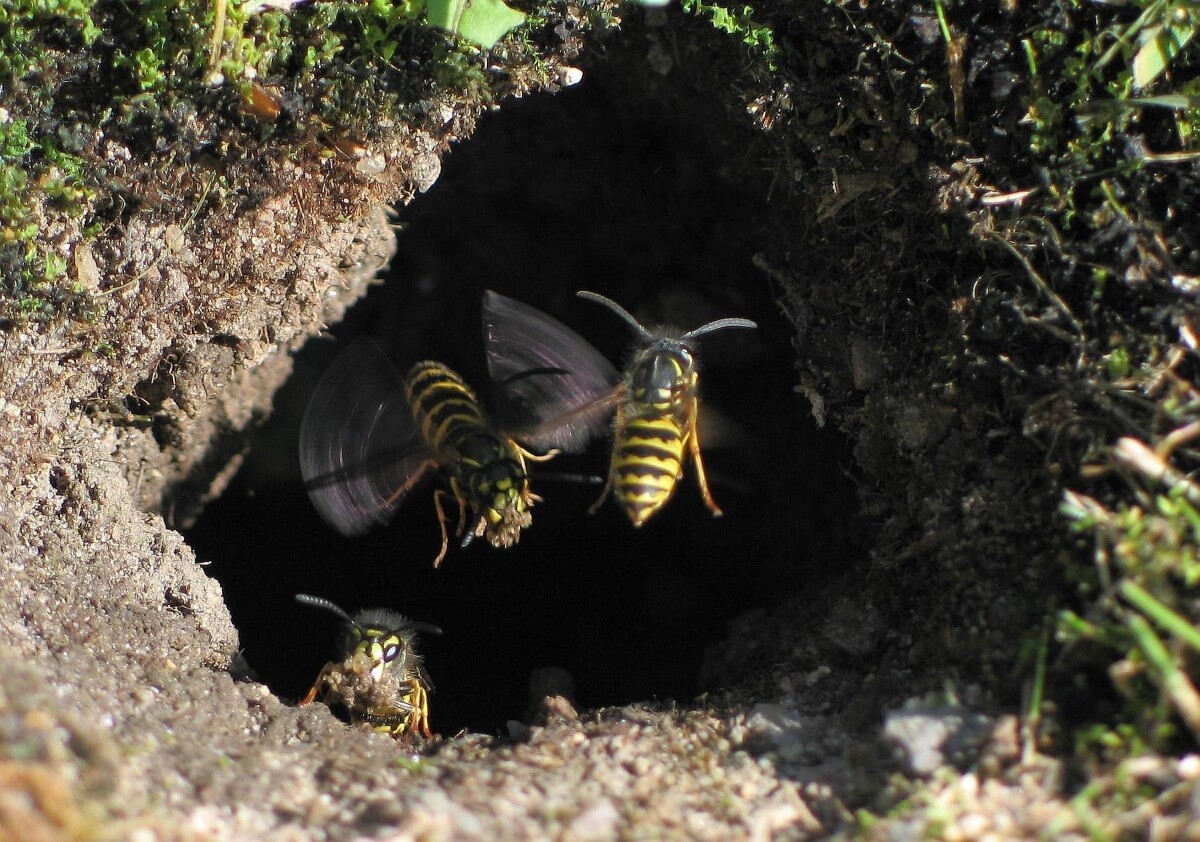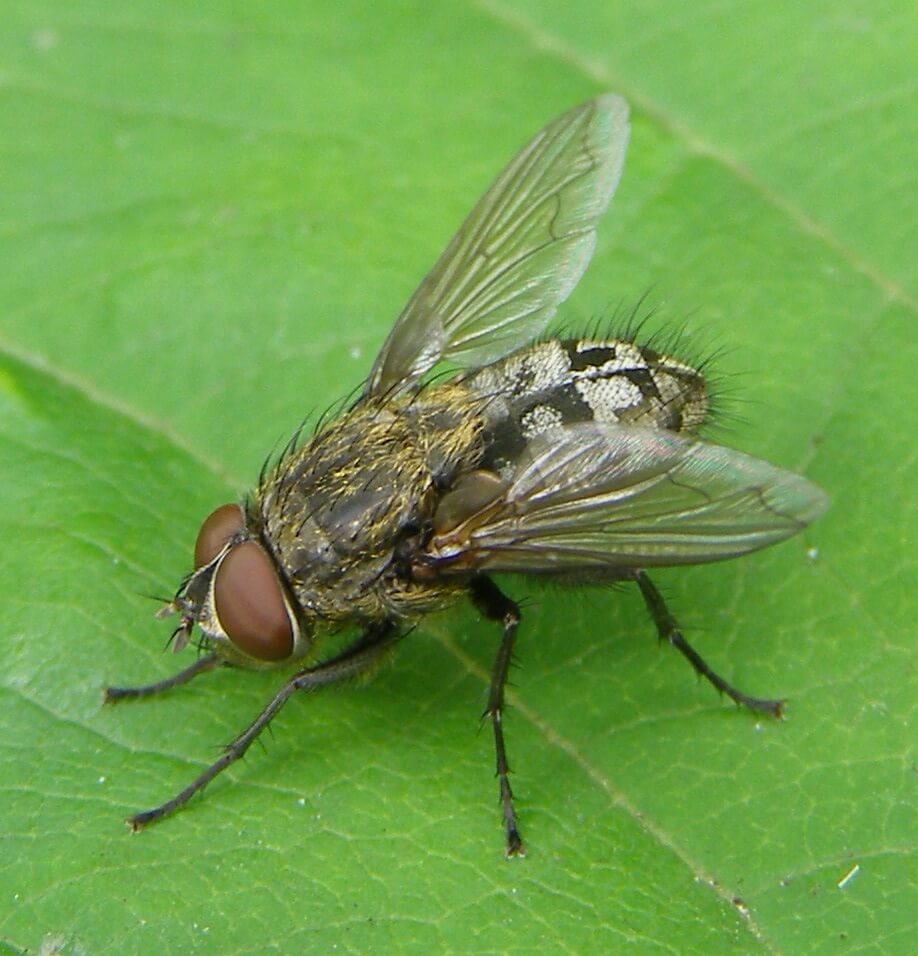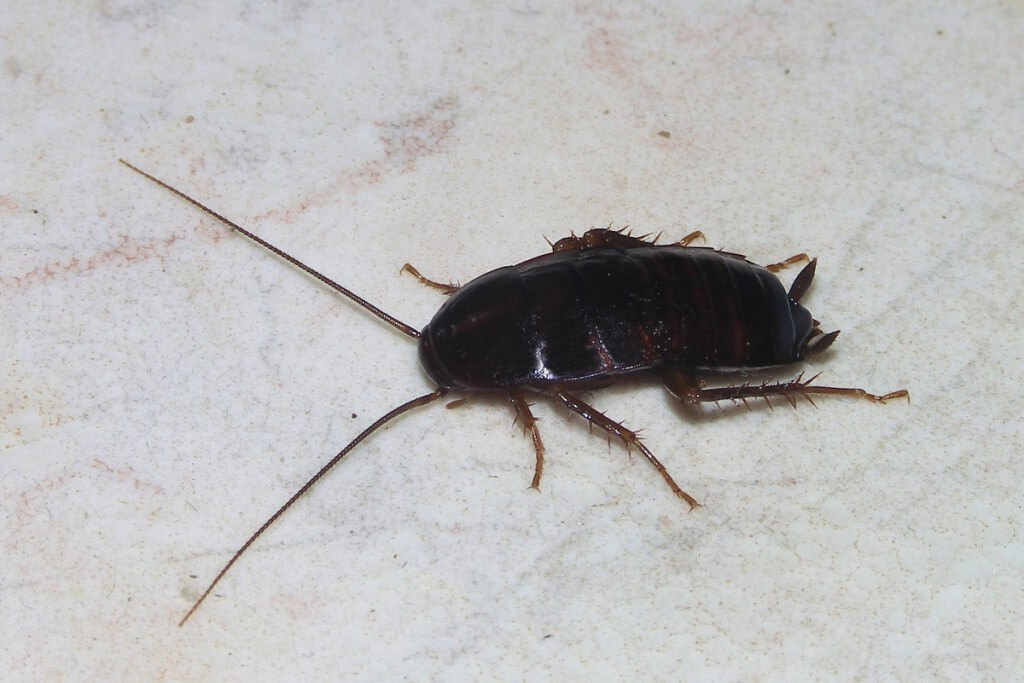Oriental cockroach Pest Bio
Habitat
The oriental cockroach tends to travel somewhat more slowly than other species. They are often called "waterbugs" since they prefer dark, moist places. They can often be found around decaying organic matter, and in sewers, drains, damp basements, porches, and other damp locations. They can be found outside in bushes, under leaf groundcover, under mulch, and around other damp places outdoors. They are major household pests in parts of the northwest, mid-west, and southern United States.
Adaptation
In order to thrive, cockroaches need a place to hide. They prefer warm places and a relatively high humidity if possible; they also need a source of food/liquid. The optimum temperature for oriental cockroaches is between 20 °C (68 °F) to 29 °C (84 °F). Female oriental cockroaches have vestigial tegmina (reduced forewings) and males have longer tegmina. Cockroaches are mainly nocturnal. Oriental cockroaches can be elusive in that a casual inspection of an infested dwelling during the day may show no signs of roach activity.
Egg Cases
Signs of cockroaches are their oothecae, which are “egg cases”. The blackish brown oothecae of the oriental cockroach are 10–12 mm (0.39–0.47 in) long, with indistinct egg compartments housing 16–18 eggs. These oothecae are formed a day after mating, and typically deposited a day or two after formation, though it can be deposited up to 7 days later. It is typically deposited in a sheltered area or attached to a substrate by oral secretion. They are initially a yellow white, turning reddish brown then blackish brown. They lose viability at temperatures below 0 °C (32 °F). They hatch on their own in about 42 days at 29.5 °C (85.1 °F) and 81 days at 21 °C (70 °F).
Control
Oriental cockroaches can be harder to get rid of than other roaches. Although adults can be fairly easily killed by the application of residual insecticide, the insecticides can get washed away, and two months later females can hatch new nymphs.
| Oriental cockroach Pest - Bio | |
| Pest Size | 25 mm (2.5 cm) to 30 mm (3.0 cm) |
| Pest Habitat | 20 °C (68 °F) to 29 °C (84 °F) |
| Pest Nymphal Development Time | 6 to 12 months |
| Pest Lifespan | 1 to 1.5 years |
| Pest Flight Capable | No |
| Pest Special Ability | Increased Radiation Resistance (Compared to Humans) |
- Category: Pests Bio
- Tags: Cockroaches, Oriental Cockroach

